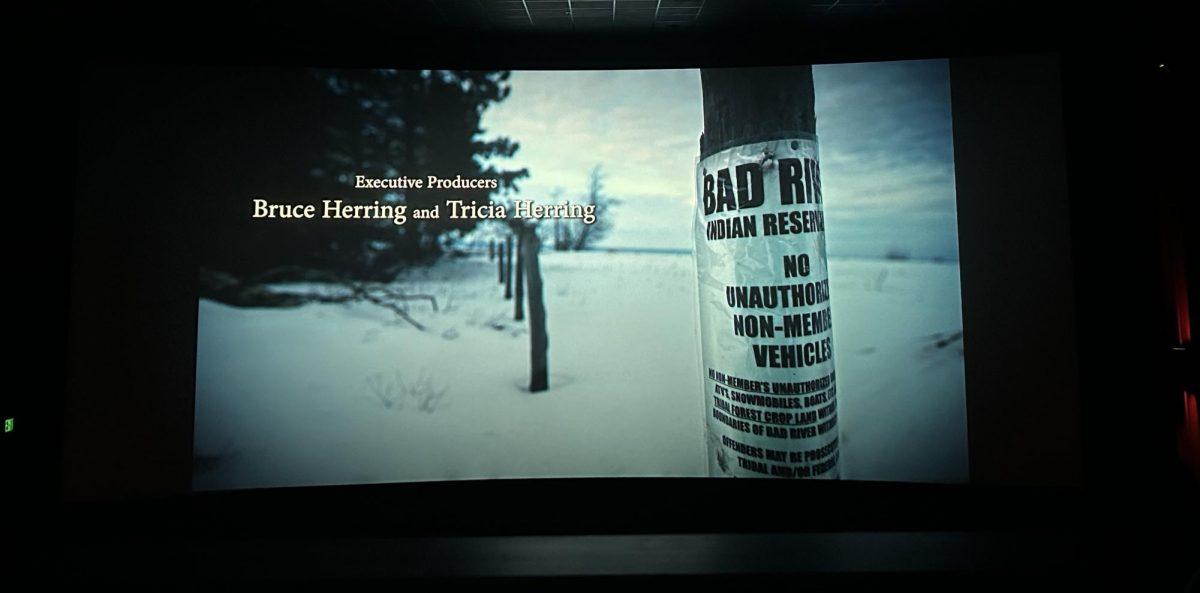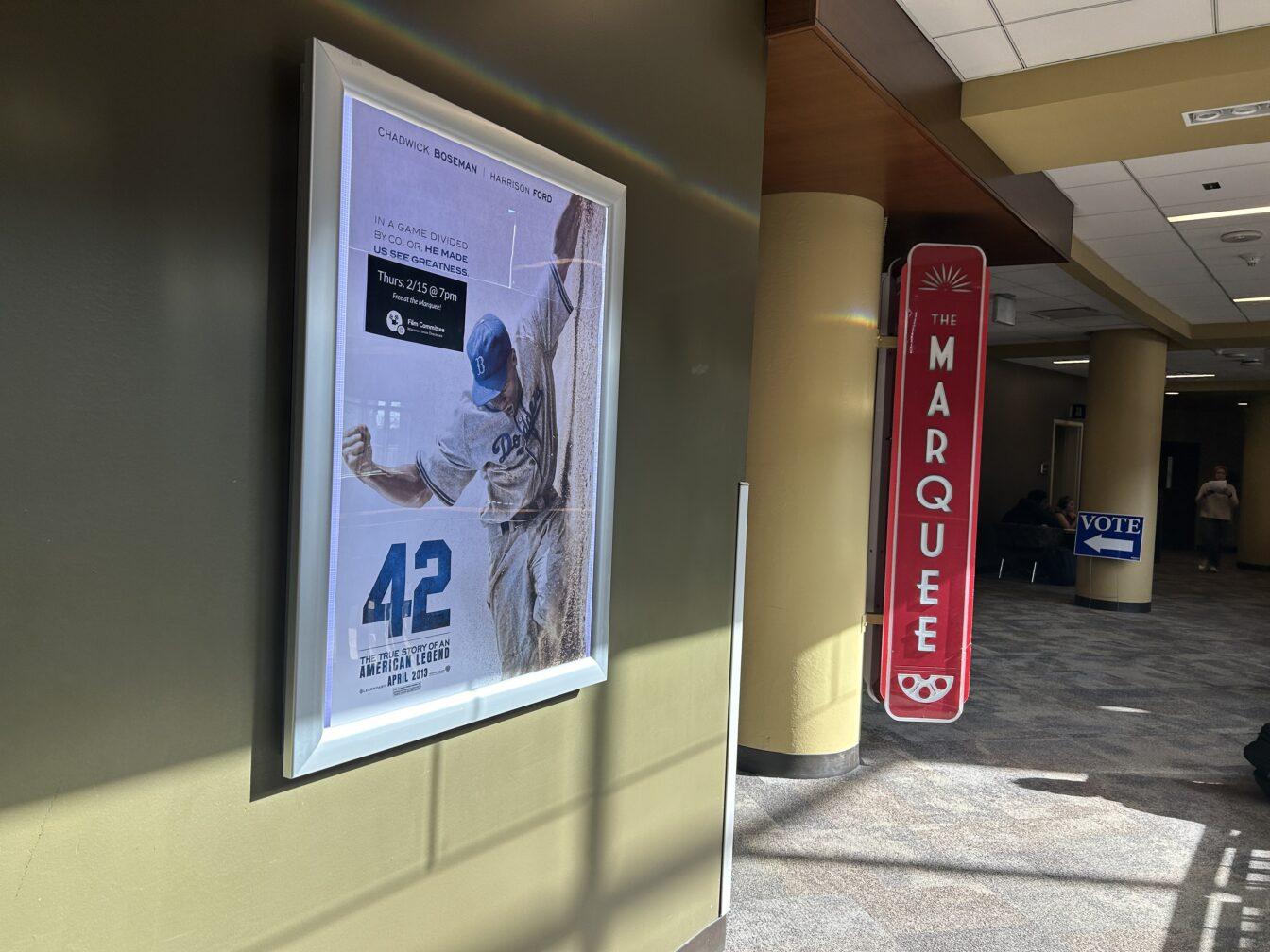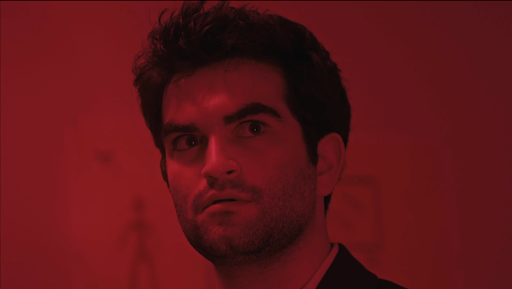It’s a familiar story: A woman wants a divorce from her husband. In any American film, the concept would be predictable, commonplace and hardly worth making a movie after. But in Iranian director Asghar Farhadi’s “A Separation,” a familiar story is told in an unfamiliar way.
In the film, Samin (Leila Hatami, “There Are Things You Don’t Know”) wants a divorce from her husband, Nadar (Peyman Moadi, “About Elly”). Nadar is not a bad man, and treats his wife well, but they differ on what they think is best for their daughter, Termeh, and Nadar’s father, who has Alzheimer’s. Samin wants to take Termeh out of Iran to give her a chance at a better education, while Nadar feels he must remain at his father’s side, refusing to commit him to a care facility.
The two are at an impasse as a judge denies Samin’s request for a divorce or signature for her exit visa, which, according to Iranian law, a wife must obtain from her husband before she can leave the country without him. Frustrated, both begin a period of separation.
While Termeh stays with her father, Samin moves in with her family. It is then that Nadar realizes he must hire help to take care of his father during the day while he is a work. He employs Razieh, a mother and housewife trying to help pay off her husband’s debts who quickly makes a bond with the broken family. Despite growing close, when Nadar comes home one day to find his father on the brink of death and Razieh nowhere to be found, he throws her out of his home, telling her to never return.
But Razieh was keeping a secret from her employer, one that will bring the families back together, only to further push salt deeper into their already gaping wounds.
The strength of “A Separation” comes from its flow of storytelling. The plot is divided in two parts: before and after Razieh’s expulsion. While the first half of the movie may seem odd and disjointed, it is crucial that the audience remembers every conversation and action of every character. The transition between the two halves is almost unnoticeable as the film flows from a family portrayal to a court case that puts everyone involved at risk of severe consequence.
The film’s narrative is a hybrid of straightforward plot that then twists itself in its second half to one concerned with morality and choice that makes its audience think hard and engage with characters on a deep level. With a unique perspective, the film forces viewers to recall precisely what happened as the case progresses and differing testimonies are given.
Each character has a specific motive, making it all the more difficult for viewers to discern exactly who is telling the truth and who is not. A shaky camera brings about a sense of urgency during every judicial interaction and adds to every worried expression exchanged between the diverse cast. Emotions are worn well on all actors’ faces, making it hard to distinguish who is innocent and who is guilty. While a viewer may sympathize with Nadar or Razieh one moment, the film does its best to make you question your alliances as the plot thickens with each passing moment.
The most fascinating aspect of “A Separation” is its showcasing of life in Iran. With strict borders and blockades on information, getting a glimpse of the human side of Iran’s residents and daily lives is difficult, and when achieved, breathtaking.
The film doesn’t feel too foreign to be enjoyed by audiences, and what is foreign only adds to the film’s appeal. As the trial continues, we see how the judicial system of Iran operates and how different it is from that of the United States. While poverty is an issue in Iran, there is a clear upper-middle class and social hierarchy. The different mannerisms and ways of speaking in Iran are also highlighted in “A Separation,” and are very understandable.
Iran’s government is too all-encompassing in our perceptions of the country as a whole; “A Separation” breaks down these preconceived notions of the people of Iran and shows how their culture is different from that in the U.S., but their social and everyday problems and struggles are not so different from ours.
“A Separation” is not trying to stand out. It does not have an incredible score behind it nor is it try to highlight Iran as a country through spectacular visuals. It is, however, an amazingly well thought-out and put together film with a unique way to tell its story that will have audiences thinking well of it after the movie is over. Its Oscar for Best Foreign Language Film is well-deserved.
4.5 out of 5 stars



















